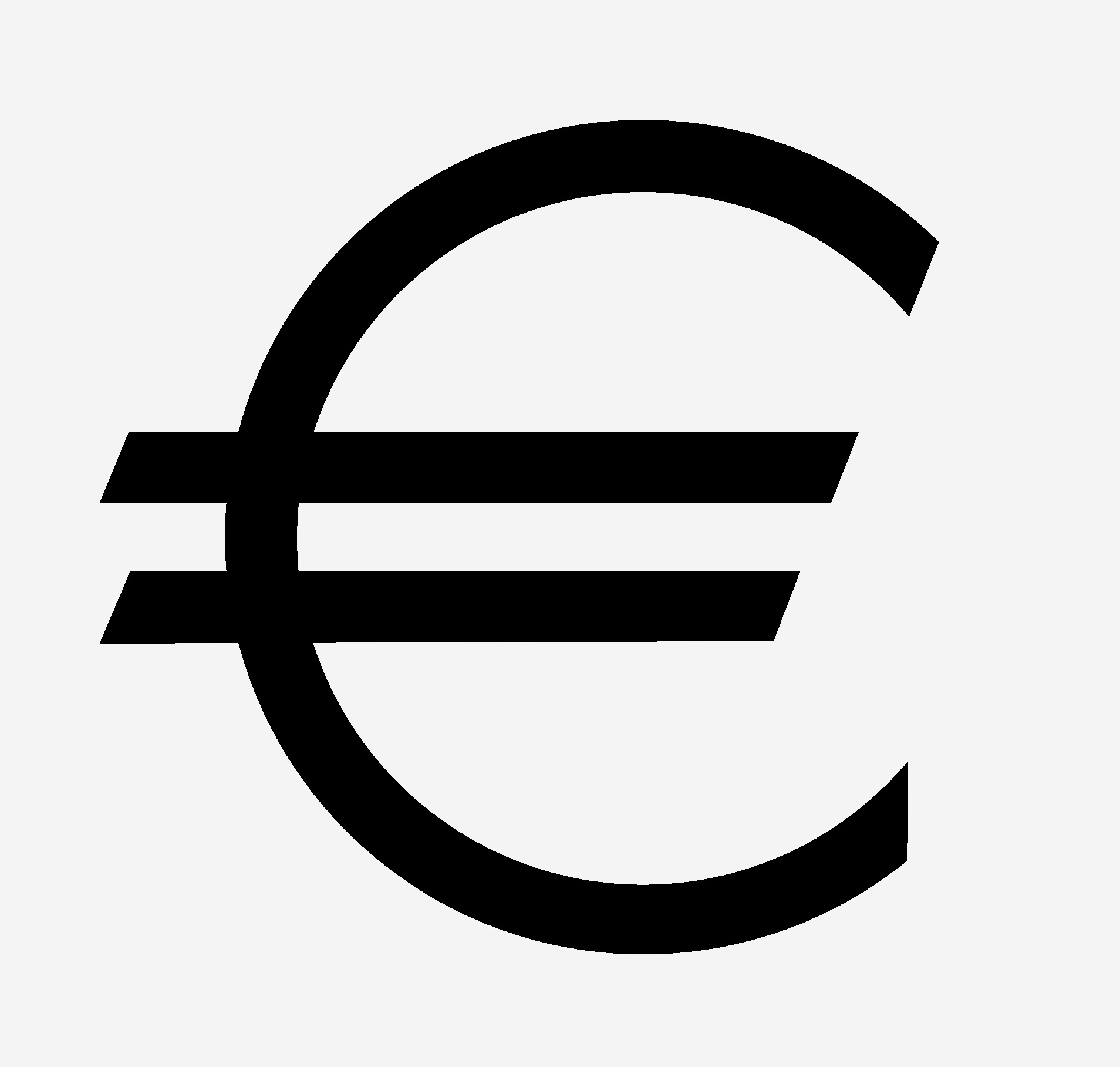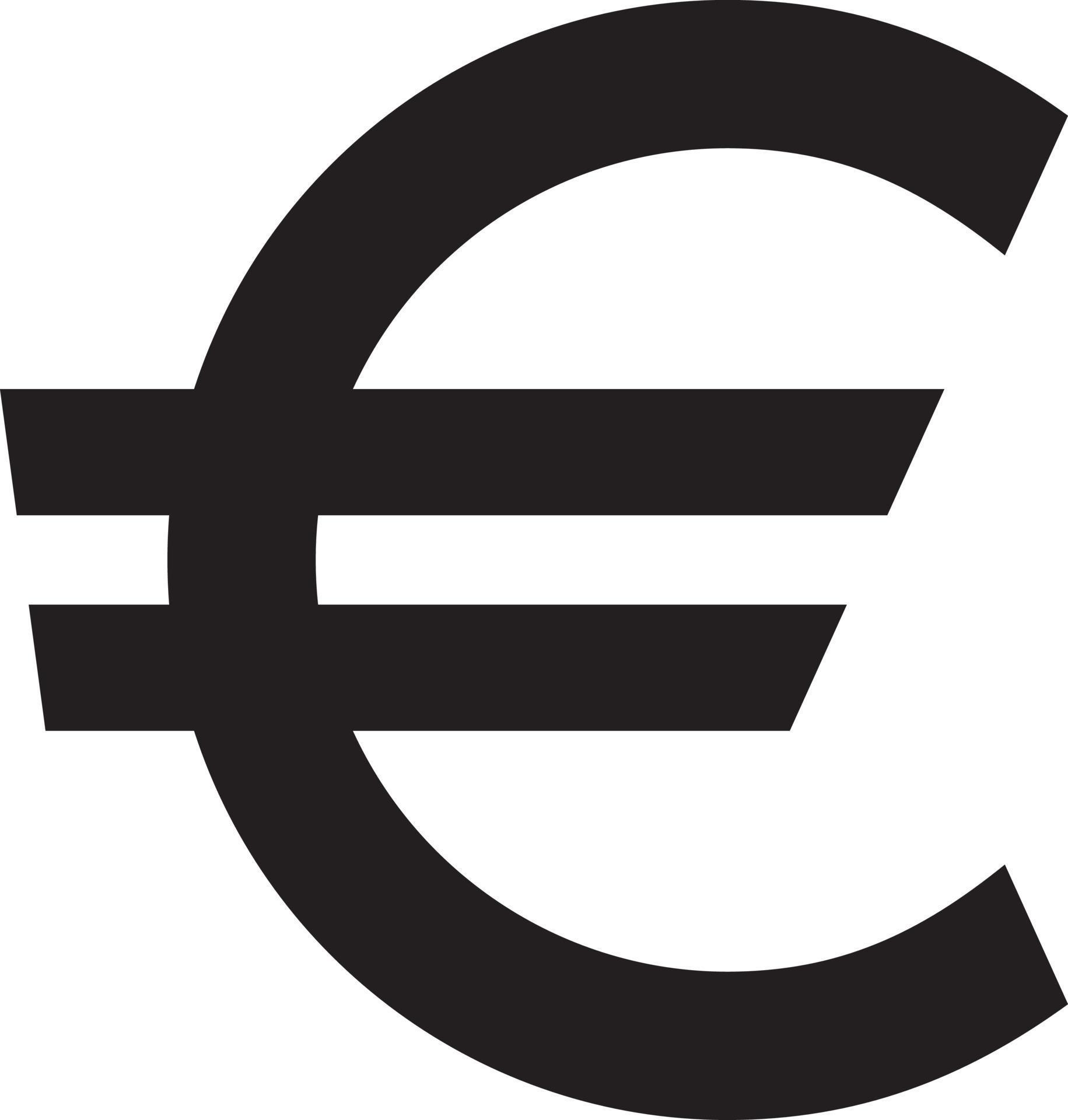Have you ever stopped to consider the power held within a single symbol, a mark that transcends language barriers and speaks volumes about economic identity? The euro symbol, a seemingly simple glyph, represents a complex history, a shared identity, and a financial force that has reshaped the landscape of Europe and beyond.
The euro, officially designated as EUR, serves as the common currency for 20 of the 27 member states within the European Union. This bloc of nations is collectively known as the Eurozone, or the euro area. Since its introduction as a non-cash monetary unit in 1999, the euro has steadily woven itself into the fabric of daily life, with physical currency notes and coins appearing in participating countries in 2002. The evolution from diverse national currencies to a single, unified currency has been a monumental undertaking, reflecting a commitment to economic integration and a shared future.
| Feature | Details |
|---|---|
| Official Name | Euro |
| ISO Code | EUR |
| Symbol | \u20ac |
| Countries Using Euro | 20 (out of 27 EU member states) |
| Subunit | 100 Euro Cents |
| History | Introduced as non-cash unit 1999, notes and coins 2002 |
The genesis of the euro symbol (\u20ac) is rooted in both classical and modern influences. Its design draws inspiration from the Greek letter epsilon (\u03b5), a nod to the cradle of European civilization. The epsilon gracefully morphs into the letter "e," the initial letter of the word "Europe," a clear and concise representation of the currency's purpose. Two parallel lines further define the symbol, a visual representation of stability and strength, crucial qualities for any currency aiming to command global trust and economic power.
- Exploring The Excitement Of The Fan Bus Kelsey And Daisy
- Discovering The Allure Of Kirstentoosweet Onlyfan
The choice of the name "euro" itself, a decision reached in 1995 during a European Council meeting held in Madrid, underscored the spirit of unity and shared purpose. The evolution of a single currency symbol is a tale of deliberate design and collective vision, a symbol now globally recognized.
When it comes to the practicalities of using the euro symbol, conventions are in place. It is most common and acceptable to place the euro symbol before the numeric amount. Thus, it is commonplace to see expressions like "\u20ac500" used in common discourse.
Currency symbols, in general, are far more than just convenient shorthand. They have become deeply embedded in the financial landscape, acting as instant visual cues to understand economic transactions across various nations. Currency symbols have also adapted, symbolizing the evolution of cultural and economic powers across time. The dollar sign ($) and the pound sign (\u00a3), are very ancient, while the euro (\u20ac) epitomizes the formation of modern economic unions.
- Exploring The Life And Influence Of Jasibae
- Exploring The World Of Hdhub4u Com A Gateway To Entertainment
The history of the euro symbol itself reflects this dynamic. It was officially selected in 1995 and was implemented on January 1, 1999, as the official currency of 11 European countries. Its design underwent meticulous consideration, ultimately resulting in a logo that mirrored the unity and strength the currency aimed to convey. These symbols are part of a broader visual language, which includes alt codes, allowing their easy integration into digital documents and communication.
The euro, as the currency of the Eurozone, has become a cornerstone of the global financial system. The symbol, in its simplicity, reflects its importance.
For those looking to input the euro sign on Windows systems, the alt code is a familiar tool. Entering "0128" or "8364" while using the Alt key will automatically generate the euro symbol. The ease with which this symbol is accessible in the digital space has allowed it to be widely used.
The euro's reach extends far beyond mere convenience. It acts as a standard for international exchange rates. Financial news outlets and websites commonly provide the latest EUR/USD (EURUSD=X) currency exchange rates, allowing for immediate comparison and real-time insights into market dynamics.
The euro is a vibrant symbol of integration and economic strength. It is an example of currency's power to represent more than just financial transactions. The euro's origin, meaning, and use reflect a modern evolution for the global landscape.


